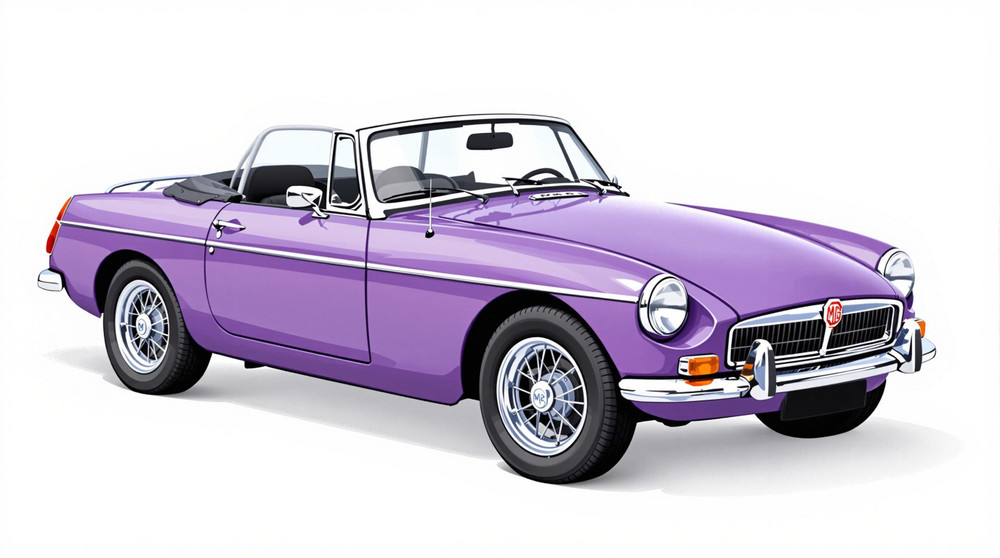Image of 1966 Mg Mgb, Note: These illustrations use artistic license and may differ from actual historical models.
Performance Metrics
Fundamental Metrics
Emotional Appeal
MMP Rating
| Engine Specifications | |
|---|---|
| Engine: | 1.8L I4 |
| Displacement: | 1798cc |
| Horsepower: | 95 hp |
| Torque: | 110 lb-ft |
| Compression Ratio: | 8.8:1 |
| Ignition System: | Electronic |
| Cooling System: | Water-cooled |
| Performance Specifications | |
| 0-60 Time: | 11 seconds |
| 1/4 Mile Time: | 18 seconds |
| Top Speed: | 105 mph |
| Transmission and Drive | |
| Drive Type: | RWD (Rear Wheel Drive) |
| Transmission Type: | 4-speed manual |
| Fuel and Efficiency | |
| Fuel System Type: | Twin SU carburetors |
| MPG: | 25 MPG |
| Dimensions and Brakes | |
| Brakes: | Disc brakes front, drum rear |
| Wheelbase: | 91 inches |
| Weight: | 2,060 lbs |
Note: Specifications for classic cars are given to the best of our ability, considering the limited and variant data available.
1966 MG MGB: The Quintessential British Roadster
The year 1966 witnessed the zenith of a British motoring icon: the MG MGB. Crafted by the esteemed Morris Garages, the MGB emerged as a symbol of accessible sports car charm. Its blend of sprightly performance and classic styling captured the hearts of enthusiasts worldwide, marking it as a cornerstone in automotive history. Among its many accolades, the MGB holds the distinction of being one of the first sports cars to feature crumple zones for improved safety, a testament to its innovative spirit.
Design and Innovation
The MGB's exterior styling was a harmonious combination of sleek lines and charming simplicity, which has stood the test of time. The roadster's long bonnet, chrome-accented grille, and wire wheels exuded elegance and sportiness. Inside, occupants were greeted with a no-frills yet comfortable cockpit, featuring leather seats and a straightforward dashboard that prioritized driver engagement over luxury. Technologically, the MGB was ahead of its time with unitary construction instead of the traditional body-on-frame design, making it lighter and more rigid. The color palette ranged from vibrant reds to deep blues, with British Racing Green being an all-time favorite among purists. While available in roadster and GT coupe forms, it was the convertible that captured imaginations and became synonymous with open-air motoring adventures.
Historical Significance
The MGB's introduction in 1962 revolutionized what it meant to be a sports car by combining affordability with performance. It democratized the sports car experience, allowing those who previously could only dream of owning such a vehicle to turn their aspirations into reality. Its design influenced a generation of roadsters and continues to be celebrated for its simplicity and functionality.
Performance and Handling
Under the hood lay a spirited 1.8-liter B-Series engine propelling the MGB to respectable top speeds and achieving 0-60 mph in just over 11 seconds—a commendable feat at the time. The four-cylinder engine's hum was music to enthusiasts' ears, while its handling characteristics were praised for precision and agility on winding roads. The MGB offered an engaging driving experience that connected drivers intimately with every nuance of the tarmac beneath them.
Ownership Experience
The 1966 MG MGB was versatile enough to serve as a daily driver or weekend showpiece. Its mechanical simplicity meant that DIY maintenance was achievable for those with basic skills and tools. While reliability might not have matched modern standards, a well-maintained MGB could be a dependable companion with regular care.
Fun Facts
This classic roadster has seen its share of limelight with celebrity ownerships and appearances in numerous films and TV shows. A rare variant is the MGB GT V8, which packed a Rover V8 engine under its bonnet—a prized find for collectors. Although not known for breaking speed records, it set its own record in longevity: production spanned 18 years without any major redesigns.
Collector's Information
Today's collector market sees the 1966 MG MGB as highly desirable due to its iconic status and relative affordability. Approximately half a million units were produced during its entire run, ensuring that spare parts are relatively easy to come by. Values can range significantly based on condition, originality, and history—anywhere from $5,000 for a project car to upwards of $20,000 or more for pristine examples.
Conclusion
From its innovative design to its enduring legacy as an automotive icon, the 1966 MG MGB is more than just a car—it's a celebration of joyous motoring and timeless appeal. Whether you're cruising coastal roads or showcasing at local car meets, this British classic continues to turn heads and capture hearts decades after it first graced our roads.
1966 Mg Mgb Catalog of Parts
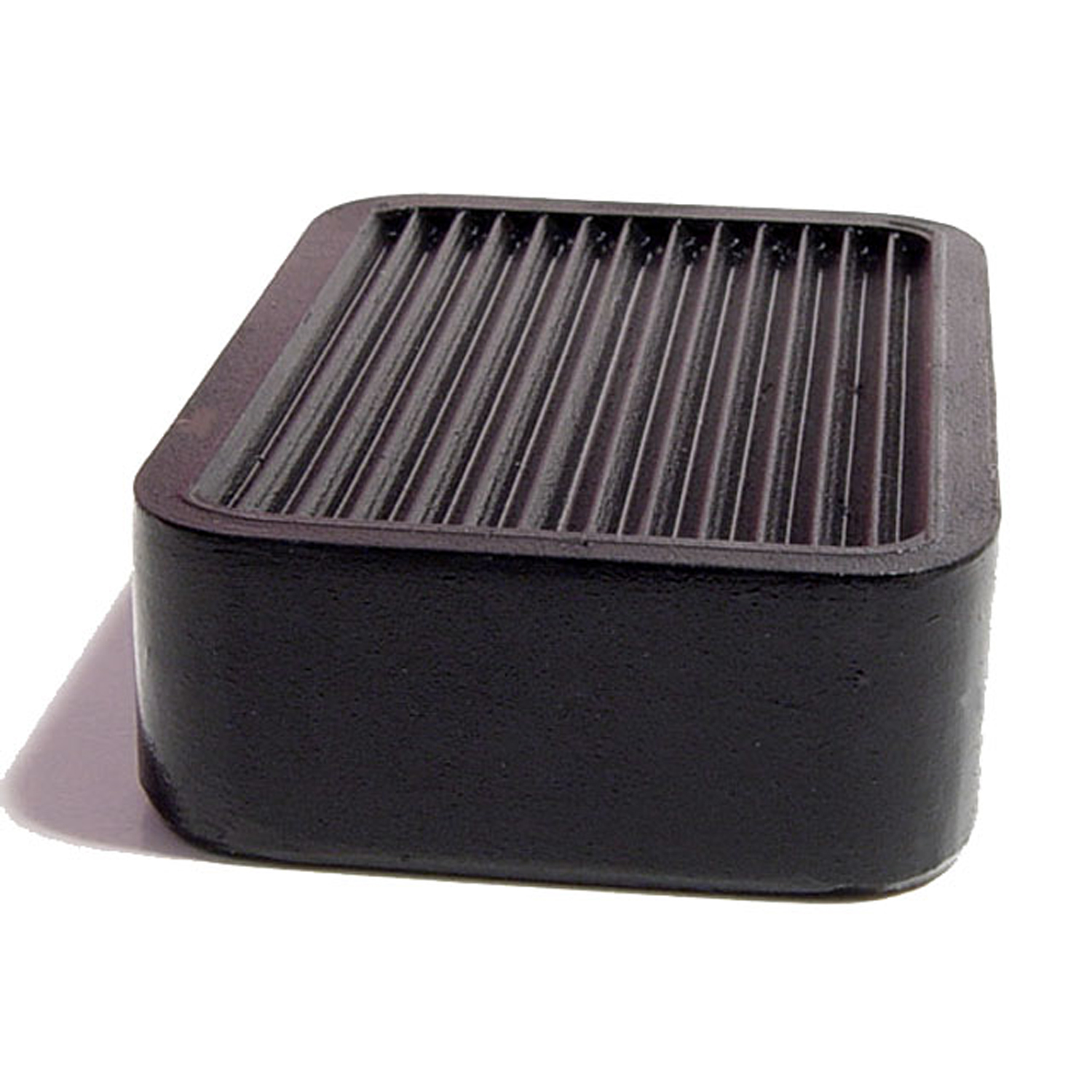 1966 MG MGB Accelerator Pedal Pad. 1-3/16" wide X 1-5/8" long. Each-AP 28Accelerator Pedal Pad. 1-3/16" wide X 1-5/8" long. Each
1966 MG MGB Accelerator Pedal Pad. 1-3/16" wide X 1-5/8" long. Each-AP 28Accelerator Pedal Pad. 1-3/16" wide X 1-5/8" long. Each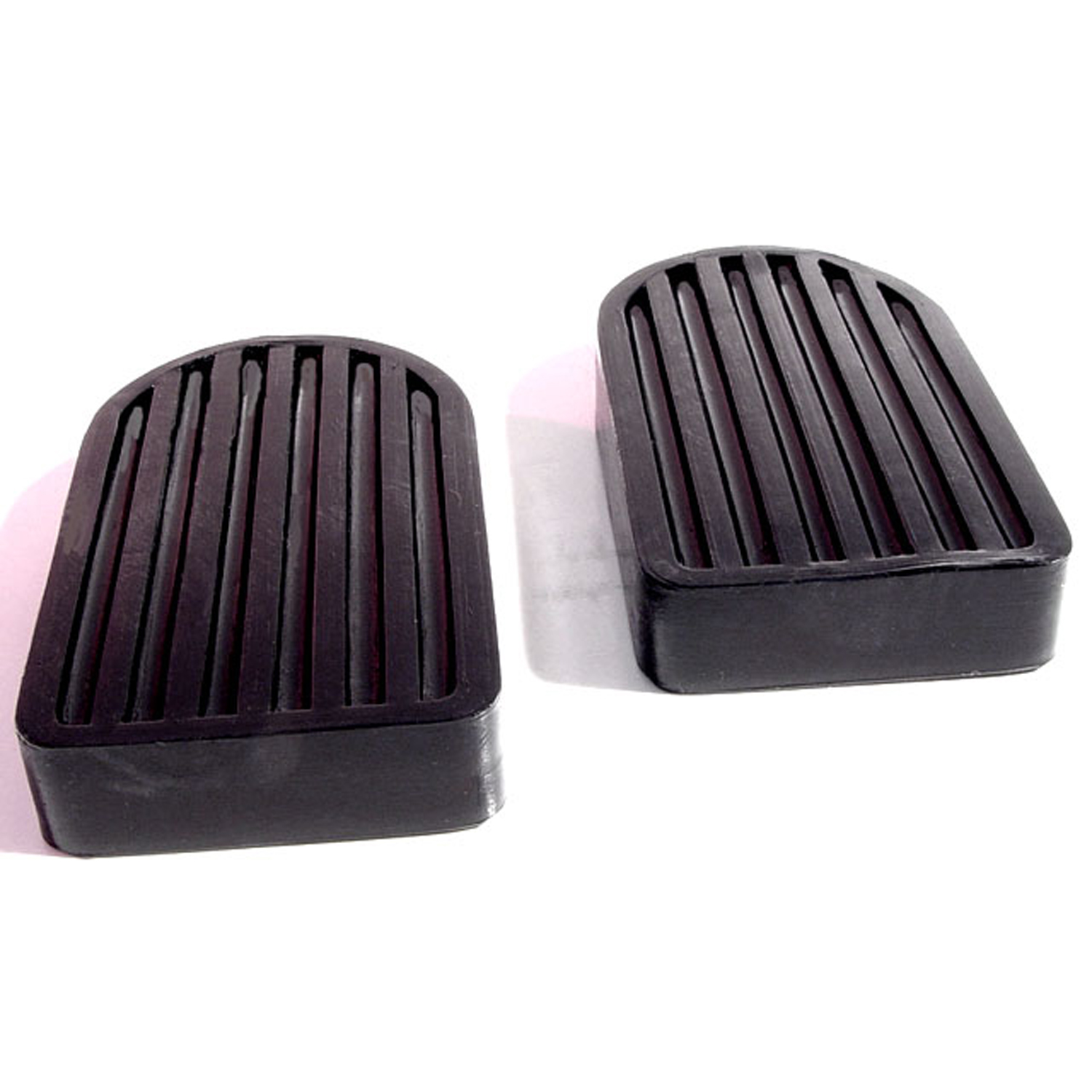 1966 MG MGB Clutch and Brake Pedal Pads. 1-3/4" wide X 3" long. Pair-CB 86Clutch and Brake Pedal Pads. 1-3/4" wide X 3" long. Pair
1966 MG MGB Clutch and Brake Pedal Pads. 1-3/4" wide X 3" long. Pair-CB 86Clutch and Brake Pedal Pads. 1-3/4" wide X 3" long. Pair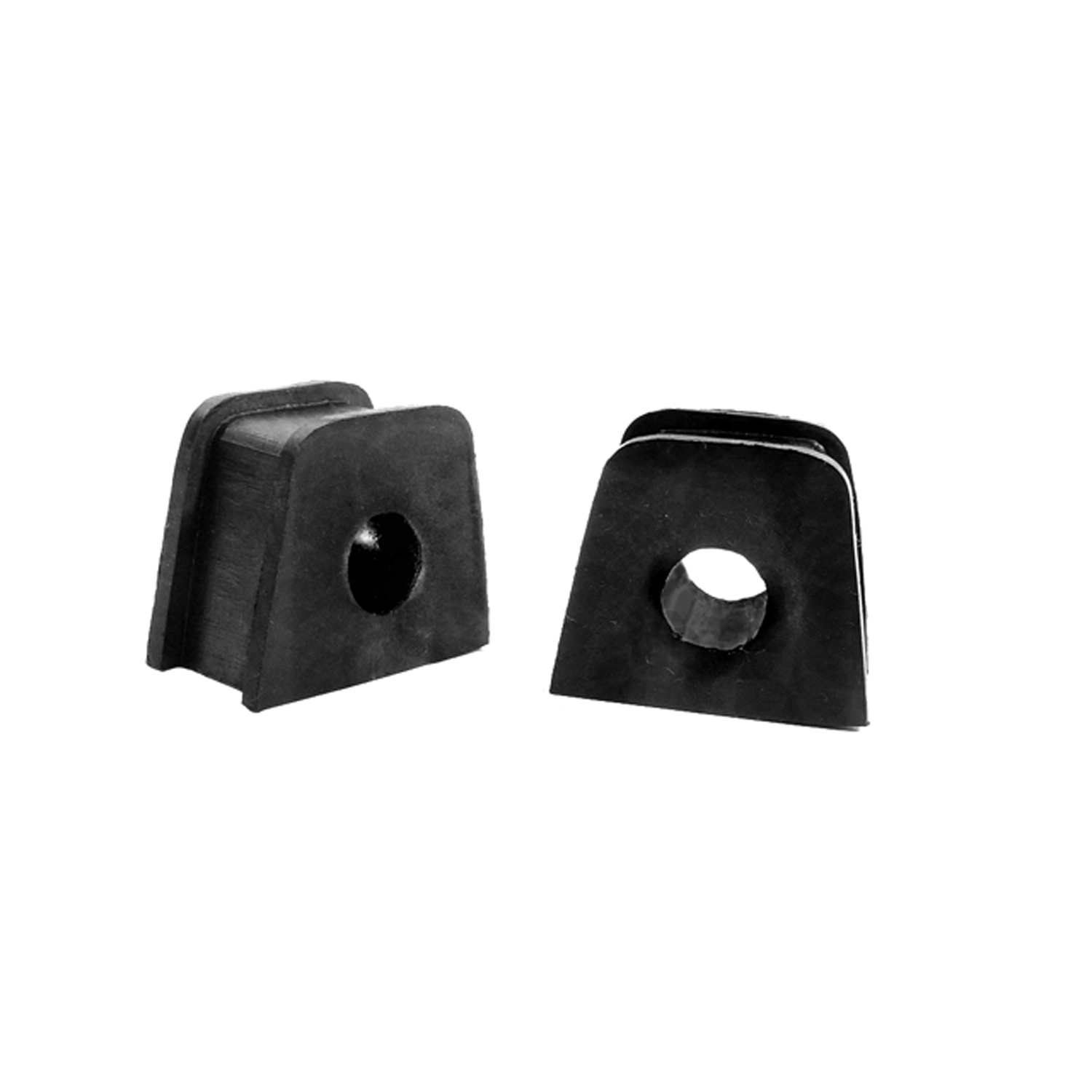 1966 MG MGB Stabilizer Bar Bushings. 1-1/2" high, 3/16" I.D. Pair-RP 22Stabilizer Bar Bushings. 1-1/2" high, 3/16" I.D. Pair
1966 MG MGB Stabilizer Bar Bushings. 1-1/2" high, 3/16" I.D. Pair-RP 22Stabilizer Bar Bushings. 1-1/2" high, 3/16" I.D. Pair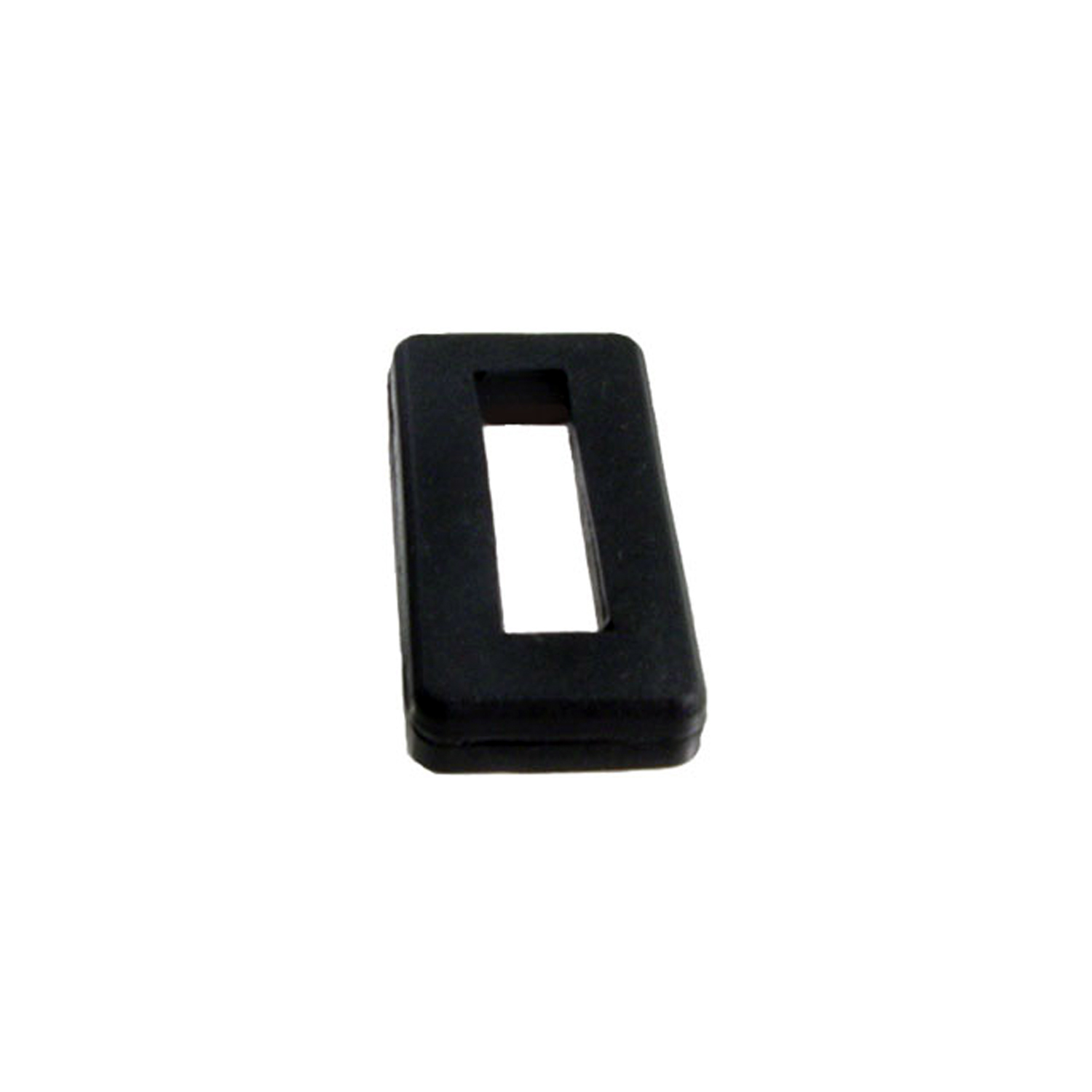 1966 MG MGB Grille Shell Grommet. 2" X 1" X 5/16" Thick. Each-SM 7Grille Shell Grommet. 2" X 1" X 5/16" Thick. Each
1966 MG MGB Grille Shell Grommet. 2" X 1" X 5/16" Thick. Each-SM 7Grille Shell Grommet. 2" X 1" X 5/16" Thick. EachWhy Choose Metro?
For over 100 years, Metro Moulded Parts has been the pinnacle of quality in classic car restoration parts. Our commitment to precision and authenticity in every component ensures a perfect fit and an OEM-level appearance.
- Expert Craftsmanship & Quality: Each part is a testament to our dedication to reliability and perfection, crafted from original designs and thoroughly tested.
- Advanced Technology: We use cutting-edge techniques to create flawless, long-lasting parts that surpass others in performance.
- SuperSoft Sponge – The Ultimate Door Seal: Not only are our door seals 30% softer than competitors', but they're also guaranteed to never leak. They effectively reduce wind and road noise, enhancing your classic car's comfort and driving experience.
- Proudly American: Our parts are a product of American craftsmanship, made in the USA with a spirit of excellence and heritage.
- Unrivaled Warranty: We back our products with a 30-year industry-leading warranty, a testament to our confidence in their quality.
Join us in preserving the legacy of classic cars with parts that are crafted for perfection, not just made.

